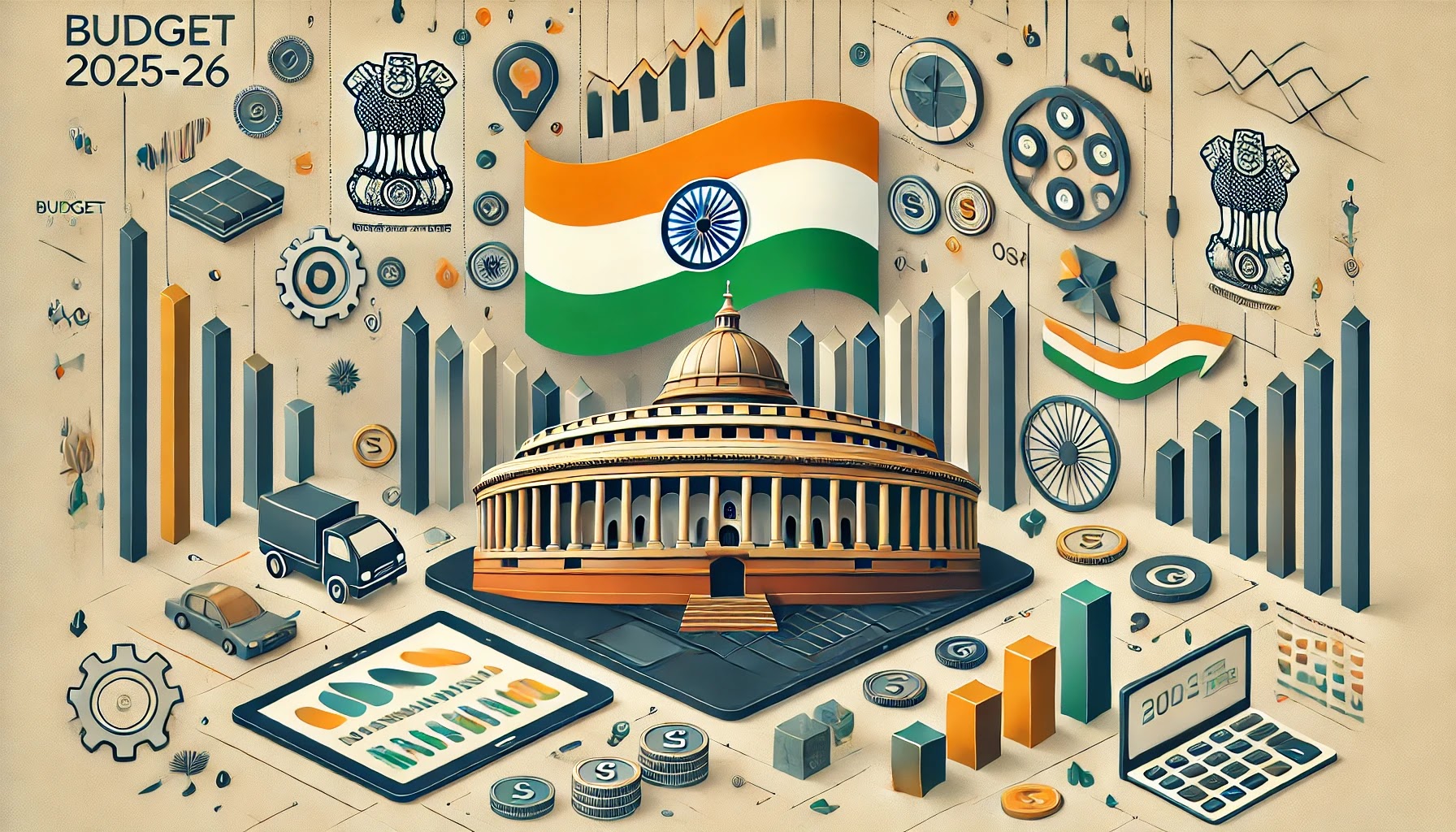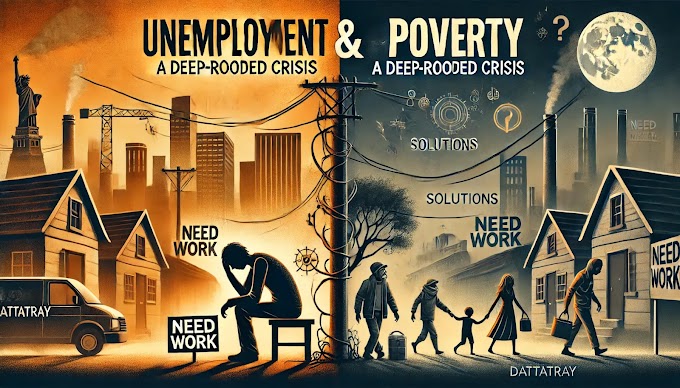Income Inequality
Income inequality is a growing concern in many countries around the world. As the gap between the rich and poor continues to widen, it is important to understand the causes and consequences of this trend. In this article, we will explore the issue of income inequality, its impact on society, and potential solutions.
What is Income Inequality:
Income inequality refers to the unequal distribution of income among individuals or households within a society. In other words, it is the gap between the highest earners and the lowest earners. Income inequality can be measured in several ways, including the Gini coefficient, which measures the degree of income inequality within a country on a scale of 0 to 1.
Causes of Income Inequality:
- There are several factors that contribute to income inequality. One major factor is globalization, which has led to increased competition and the outsourcing of jobs to lower-wage countries. As a result, wages for low-skilled workers in developed countries have stagnated or declined.
- Another factor is technological change, which has led to the automation of many jobs and the polarization of the labor market. High-skilled workers with advanced education and technical skills have seen their incomes rise, while low-skilled workers with less education and training have seen their incomes decline.
- The decline of labor unions, which traditionally represented the interests of workers, has also contributed to income inequality. Without unions to negotiate for higher wages and benefits, workers have less bargaining power and are more vulnerable to exploitation by employers.
The Impact of Income Inequality:
- Income inequality has significant social and economic consequences. Research has shown that countries with high levels of income inequality tend to have higher rates of poverty, crime, and social unrest. In addition, income inequality can lead to lower levels of social mobility, as children from low-income families have fewer opportunities to succeed in life.
- Economically, income inequality can also have negative effects. When wealth is concentrated in the hands of a few individuals or companies, it can lead to market distortions and reduced competition. In addition, income inequality can lead to a decline in consumer spending, as low-income households have less disposable income to spend on goods and services.
Solutions to Income Inequality:
- There are several policy solutions that can help reduce income inequality. One approach is to increase the minimum wage, which would raise wages for low-skilled workers and help reduce poverty. Another approach is to strengthen labor unions, which can negotiate for higher wages and better working conditions on behalf of workers.
- Tax policy is also an important tool for addressing income inequality. Progressive taxation, which taxes higher-income individuals at a higher rate, can help redistribute wealth and reduce income inequality. In addition, government programs such as food assistance, housing subsidies, and healthcare can help reduce poverty and improve the standard of living for low-income households.
Conclusion:
Income inequality is a complex and multifaceted issue that has significant social and economic consequences. While there is no single solution to this problem, policymakers can take steps to reduce income inequality through a combination of policies and programs. By addressing the root causes of income inequality and implementing policies that promote greater economic equality, we can create a more just and prosperous society for all.
. . .
"Smile Even In The Sadness, Then You Will Be Able To Bring Light Even In The Darkness" - Thought











.png)



.png)


0 Comments